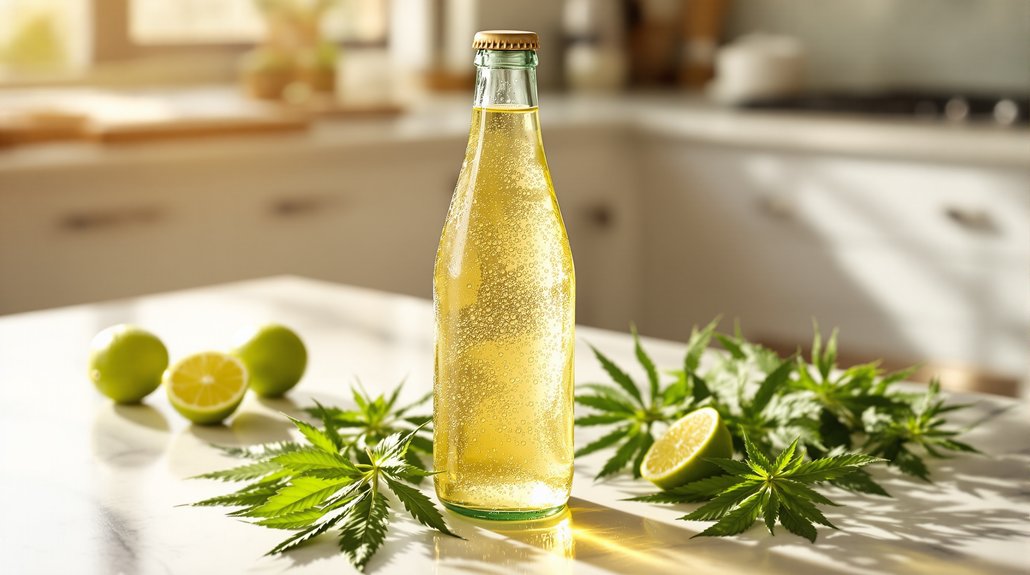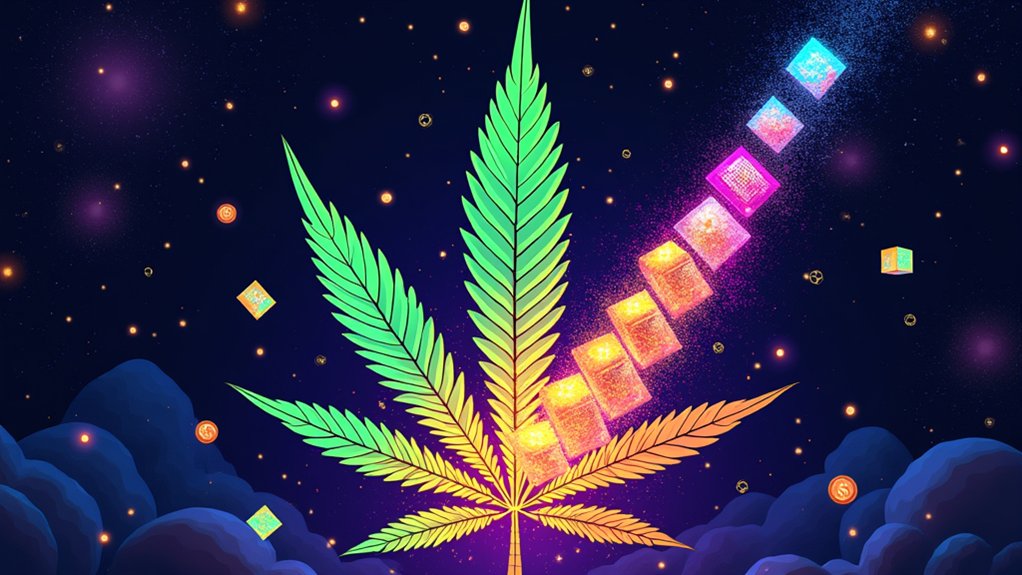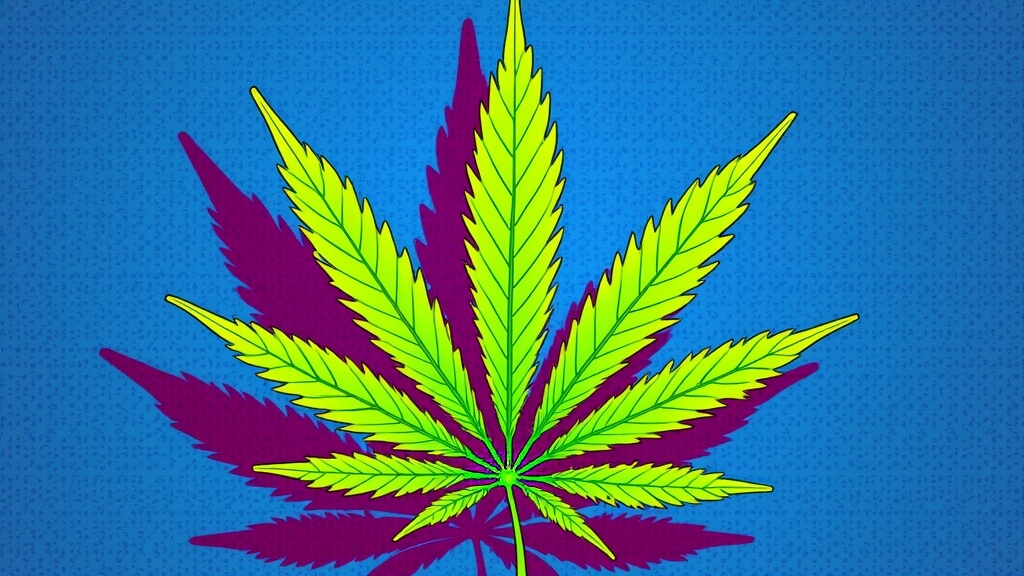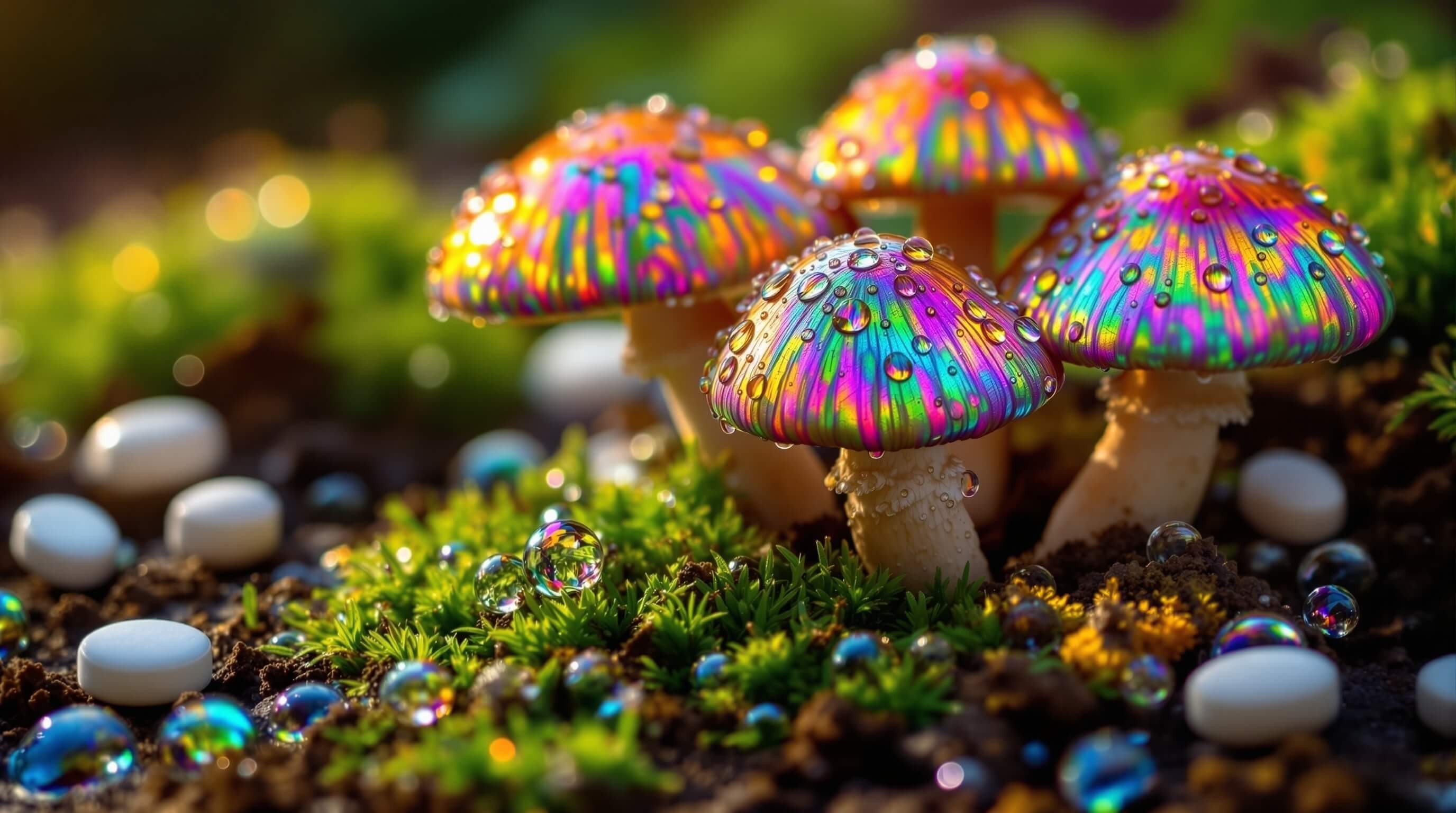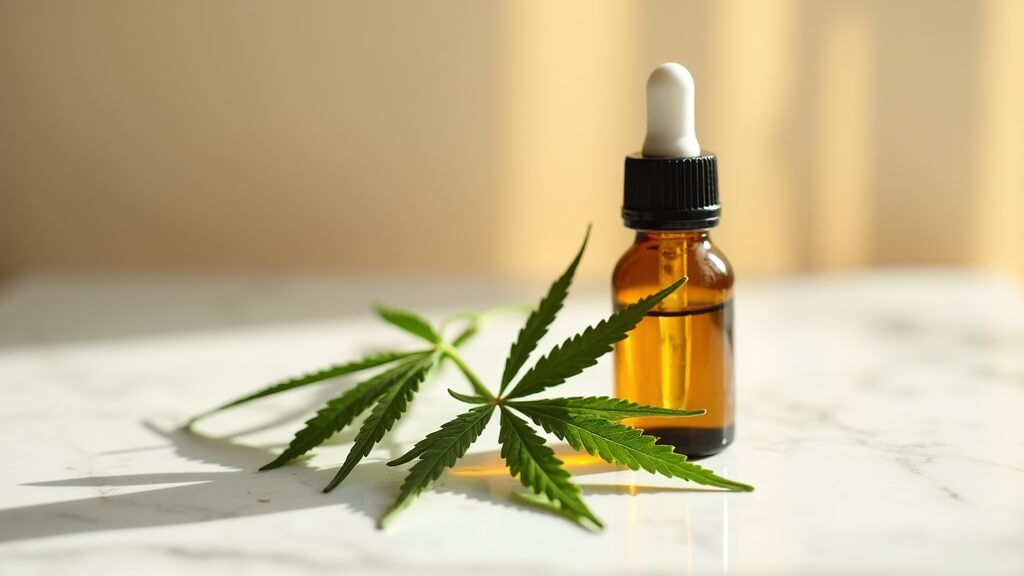Cannabis beverages are quietly transforming from dispensary afterthoughts into a billion-dollar phenomenon. Market analysts project THC drinks will hit $1.1 billion by 2025, marking a dramatic shift in how Americans consume cannabis. The category now captures roughly 3% of total cannabis sales, modest but growing fast. Traditional stoners aren’t driving this boom. Instead, health-conscious consumers and “sober curious” drinkers are discovering these alternatives offer social experiences without joints or vapes. The question remains: what’s fueling this unexpected revolution?
While traditional cannabis consumers once reached for joints and edibles, a new generation is cracking open cans and pouring glasses instead. The global cannabis drinks market is projected to hit $1.1 billion in 2025, transforming what was once a novelty into a legitimate beverage category that’s giving big soda something to think about.
THC beverages currently represent just 1% of total cannabis sales, but that tiny slice is expanding rapidly. Industry forecasts predict compound annual growth rates between 14.7% and 37.3% through 2035, when the global market could reach $24.6 billion. Within the edibles category, beverages now claim 6% of sales, ranking fourth behind candy, chocolate, and pills—a respectable showing for the newest player at the party.
The drinks subcategory dominates with 78% of cannabis beverage sales, while shots and powdered mixes trail behind. Remarkably, powdered drink mixes have lost ground, dropping from 12% to 7% market share over the past year as ready-to-drink formats gain favor. Market consolidation is already underway, with the top 10 beverage brands controlling 64% of sales, up from 52% the previous year.
Ready-to-drink cannabis beverages are crushing powdered alternatives while market leaders rapidly consolidate their dominance.
Consumer demand stems from a desire for healthier, more discreet consumption methods that don’t involve smoking. The “sober curious” movement and wellness-focused consumers are driving adoption, seeking alcohol alternatives that offer mild, social experiences. Low-dose, sessionable formats appeal to casual users who want to maintain control while exploring cannabis benefits. Entrepreneurs entering this space must ensure precise dosing of THC to maintain consistent product quality that meets regulatory standards.
Product innovation centers on emulsification technology that enables better THC suspension and faster onset times. Companies are launching sparkling waters, teas, functional beverages, and shots infused with various dosages, flavors, and additional ingredients like adaptogens and nootropics. This isn’t your grandfather’s cannabis consumption, it’s more like craft beer meets wellness culture.
Regulatory expansion continues opening new markets as jurisdictions legalize cannabis. Emerging markets like New York, Michigan, and Ohio show significant beverage sales growth, with Michigan experiencing the largest growth at 112% from the previous year. North America leads the charge, with growing activity in Europe and Asia. Multi-state operators comprise a significant portion of the market, with 61 multi-state brands currently operating. Mainstream food and beverage companies are entering through partnerships and acquisitions, bringing industry expertise and distribution networks. Online distribution is expected to capture 63.7% of market revenue in 2025, revolutionizing how consumers purchase cannabis beverages.
Retail channels are expanding beyond dispensaries into liquor stores, convenience stores, and specialty shops. Online and direct-to-consumer distribution methods are broadening access, while retailers differentiate through curated selections of trending products. Store buyers consider brand strength, product innovation, and consumer demand when stocking THC beverages.
The convergence of cannabis legalization, beverage innovation, and changing consumer preferences has created perfect conditions for this market surge. As total U.S. cannabis retail sales reach an estimated $38 billion in 2024, beverages represent a small but rapidly growing segment positioned for significant expansion.
What started as a niche experiment is becoming a mainstream alternative that’s reshaping how people think about both cannabis consumption and social drinking.
